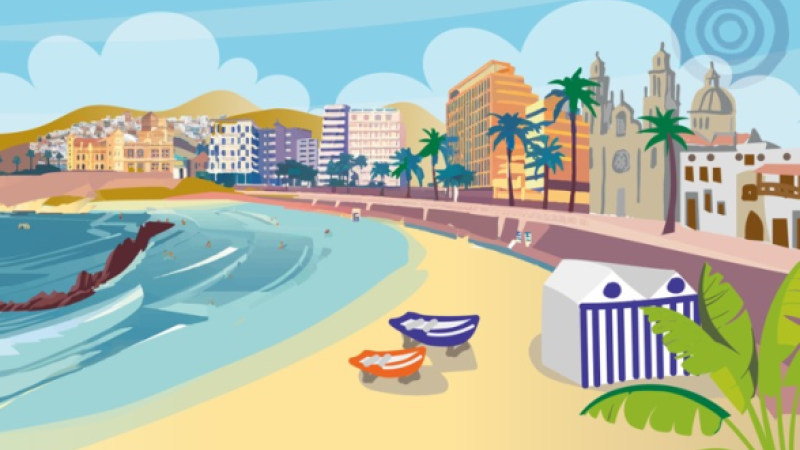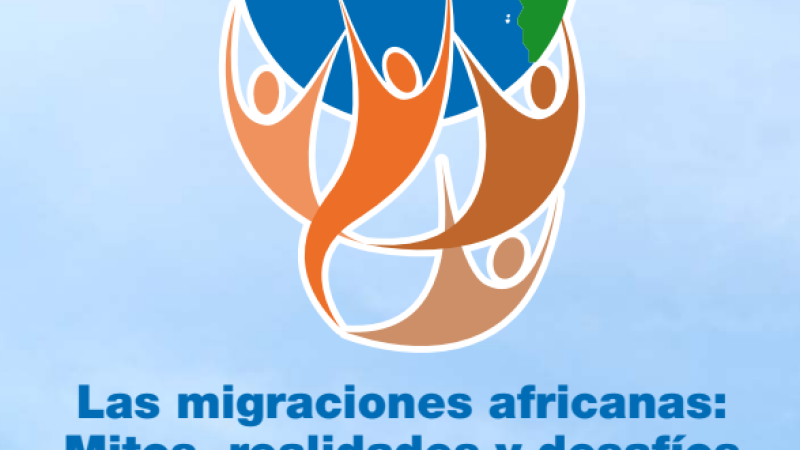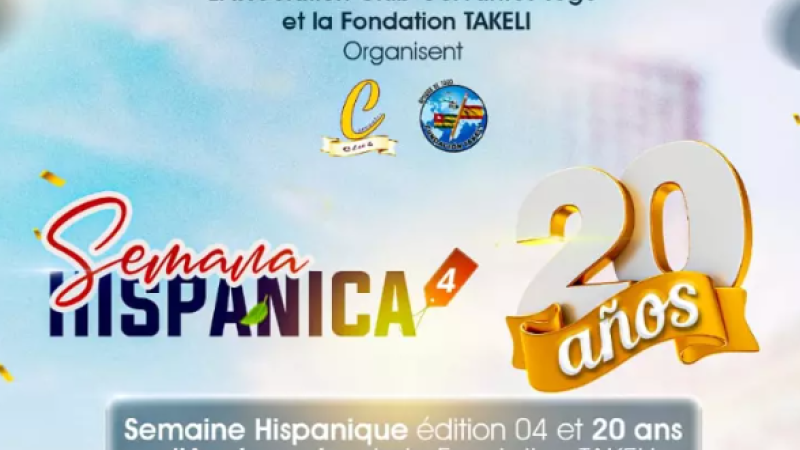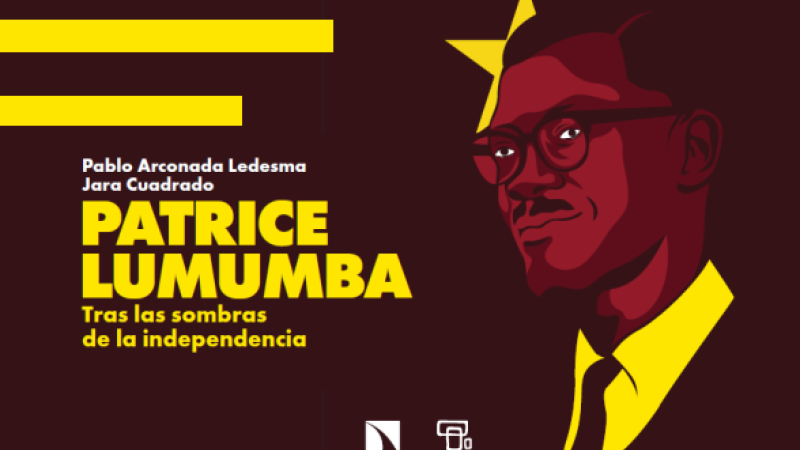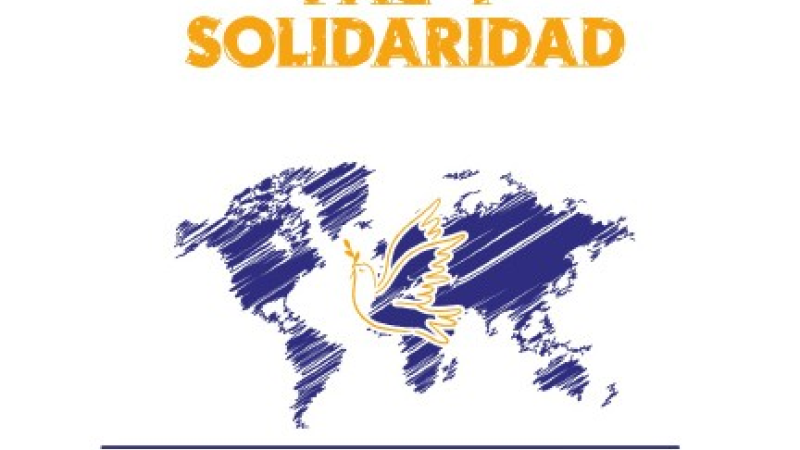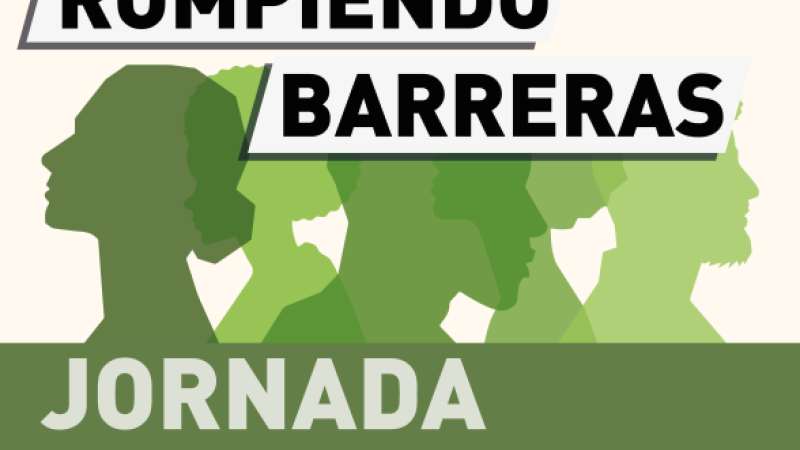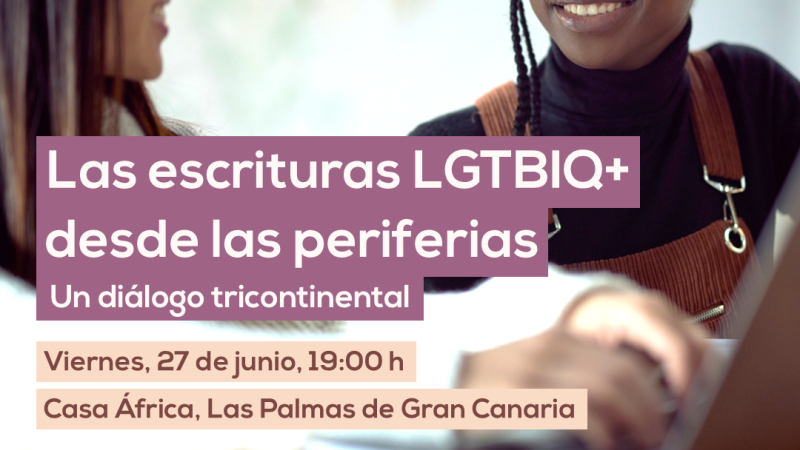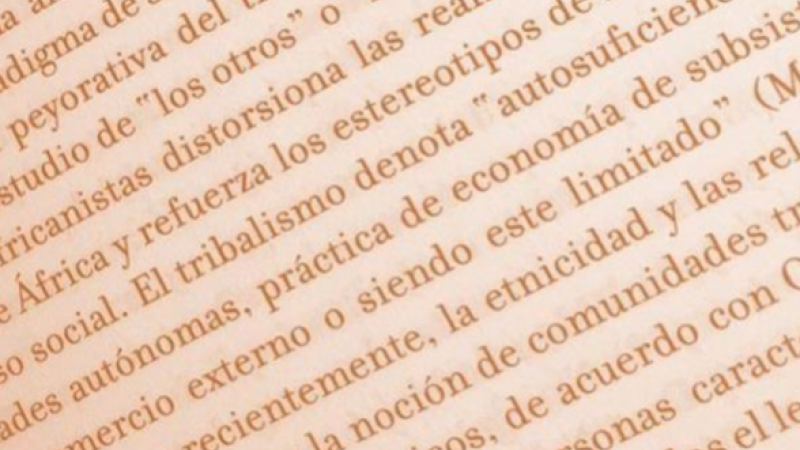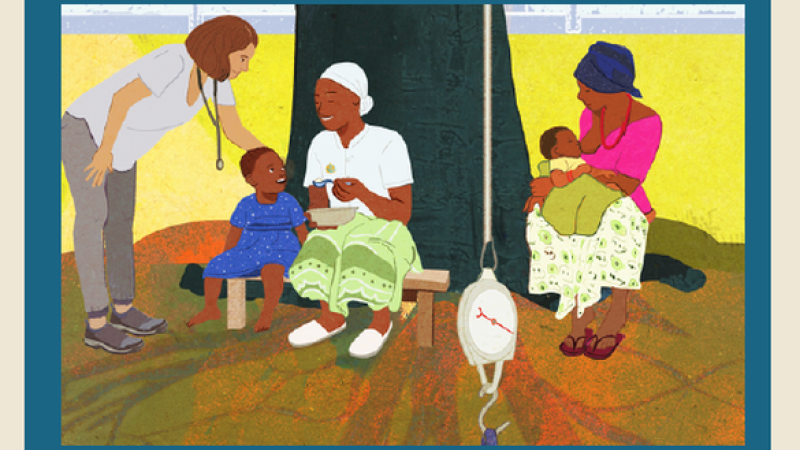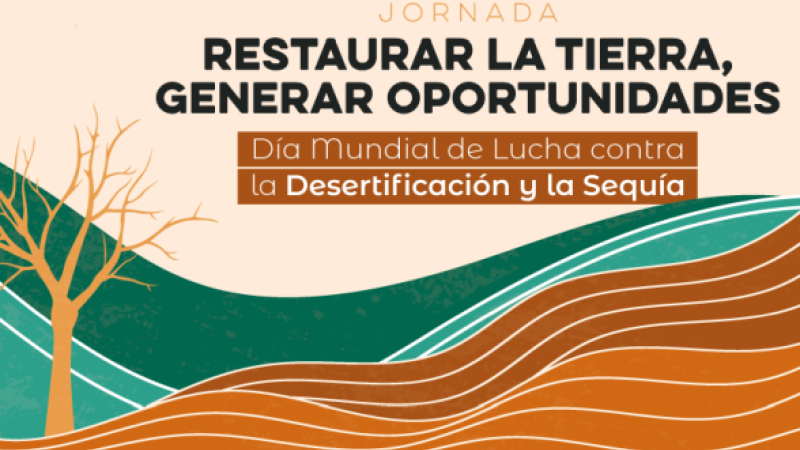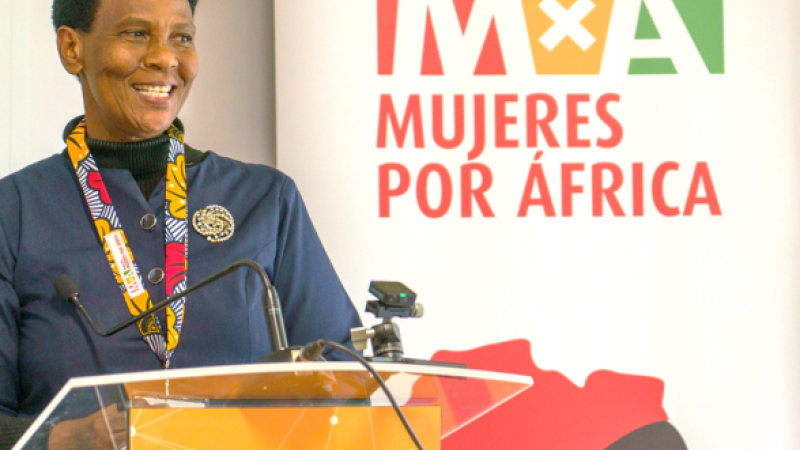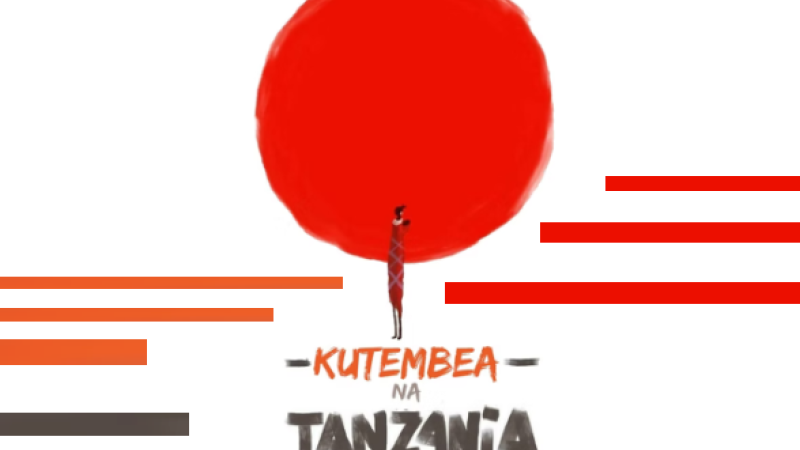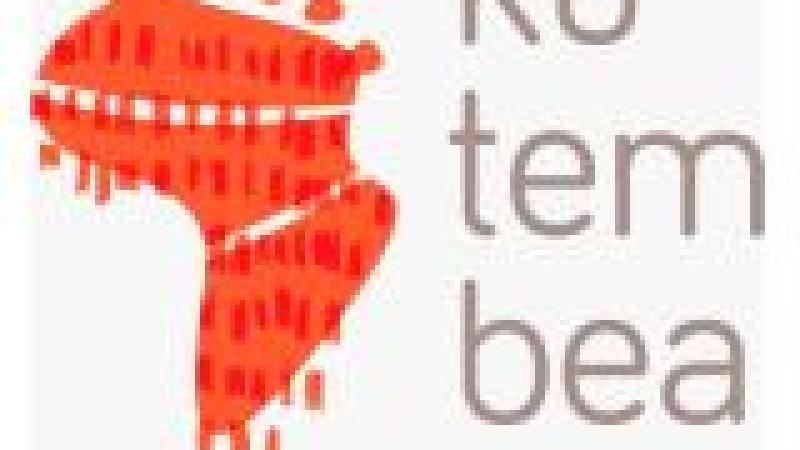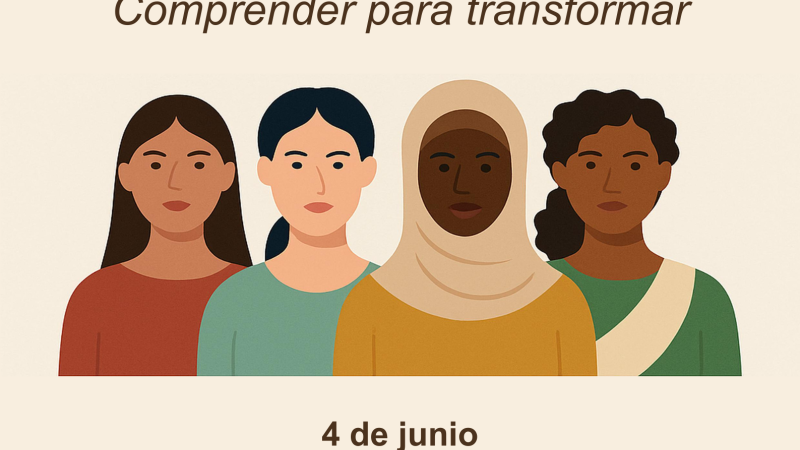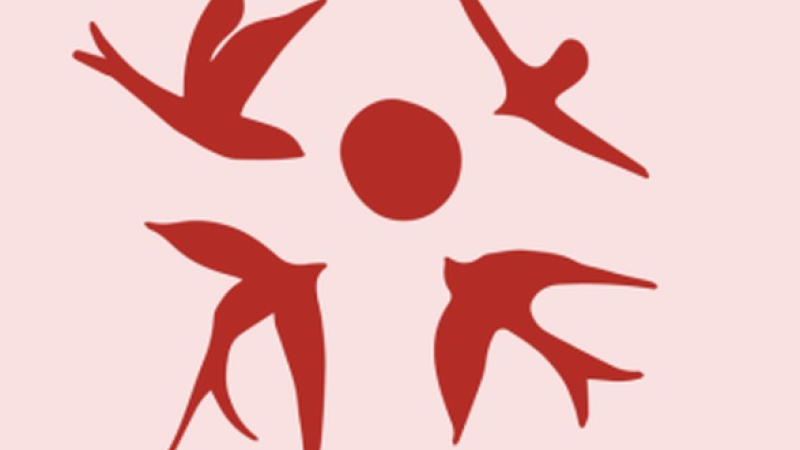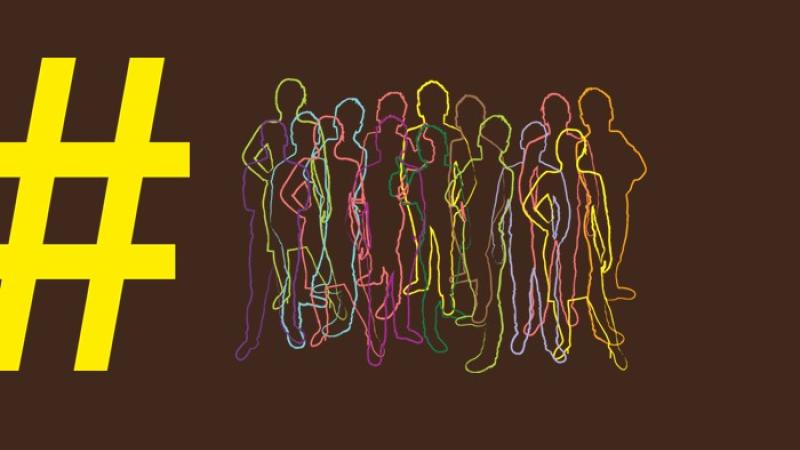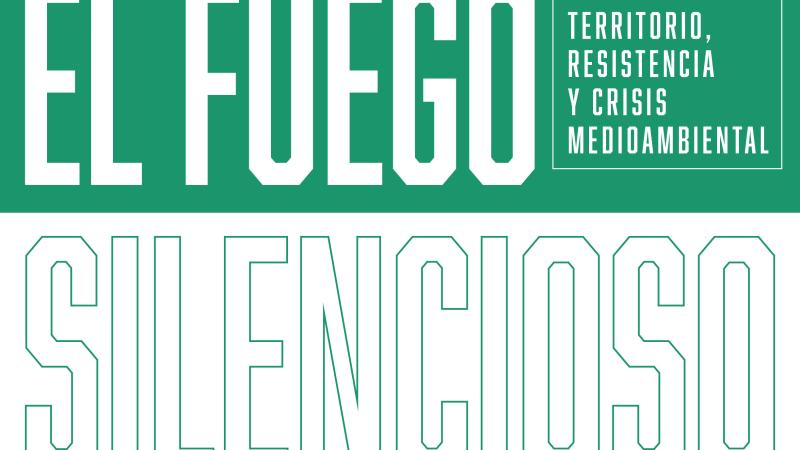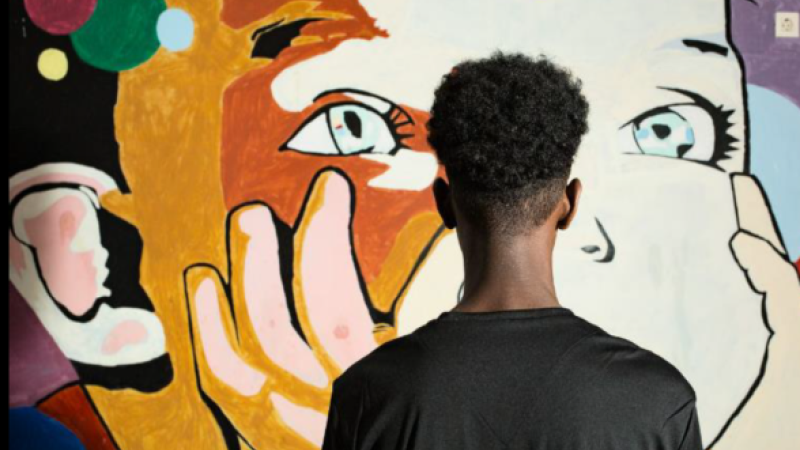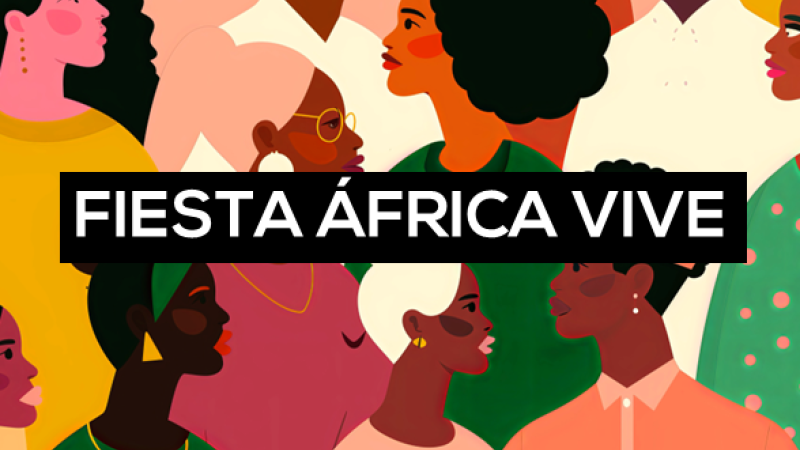Status message
In development mode.Error message
Casa África incrementa su colección de literatura con un nuevo título
Literature is without a doubt one of the essential ways of bringing us closer to the African continent's social, political and cultural reality. However, a Spanish reader's access to that literary production is very limited, for reasons such as translation and the lack of inclusion into our country's book market.
Casa África, in its role to bring Africa and Spain ever closer through vehicles such as culture and promoting the vast literary production of the African continent, increases its Literature Collection by adding a new title to those published so far. The novel has been published thanks to the collaboration of the International African Book Fair, with funding from the Government of the Canary Islands and the Transnational Cooperation Madeira Azores Canary Islands Programme (PCT MAC MAC 2007-2013) 85% co-financed with ERDF funds.
It is the work Nuestra hermana aguafiestas, written by the Ghanaian writer Ama Ata Aidoo and that is now in bookshops available to all those readers who want to find out about the story of this poet, novelist, critic and writer of short stories, who is regarded as one of the greatest writers in Africa. Her innovative style and her defence of women's position in the continent saturate her works. It can also be borrowed through Casa África's media library.
From the relentless gaze of Nuestra hermana aguafiestas on Europe, Aidoo breaks our certainties, erodes our very good complacency and undermines our excuses for not addressing the speeches and the effects of power in a global world built on injustice and inequality. Like Audre Lorde, Aidoo look at us in the eye and says: "I'm doing my job. Are you doing yours? ".
Ama Ata Aidoo was born in Ghana in 1942. Her childhood took place in surroundings intermingled with Western education and a strong sense of African traditions. She was the headmistress of her school, Wesley Girls High School in Cope Coast, and would buy it its first typewriter. After finishing high school she enrolled in English at the University of Ghana, in Legon, the time when her first book entitled The Dilemma of a Ghost (1964) came to the fore.
After her graduation, Aidoo achieved some scholarships, such as Creative Writing at the University of Stanford (California), allowing her to spend two years abroad before returning to Ghana in 1969 to teach an English course at the University. Back in her native country, Aidoo worked for some time as a teacher and for a short period (1982) as Minister of Education; however, because her views were considered too radical for the regime she was forced to resign and leave the country. Since then she has lived in Harare, Zimbabwe, and the United States.
However, her ability as a writer did not diminish. She has received awards such as the Nelson Mandela of Poetry for Someone Talking to Sometime in 1987; and the Commonwealth Writers' Prize for Africa for her book Changes: A love story (1991) in 1992. That same year she became the first winner of the International PEN Women's Committee Travel Fellowship of UNESCO. In 1998 she was elected President of the African Visions Literature Tour. A year later she received the highest civilian honour in Ghana: Companion of the Star of Volta.
In all her works we see a theme focused on women and their role in society. To the writer, the freedom of Africa is directly linked to the freedom of its women. Hence many of her characters defy the role of a stereotype woman. Proof of this is her work Anowa (1970), where she reworked an old Ghanaian legend about a girl who wants to marry against the wishes of their parents. However, the determination of Anowa to make her own decisions brings tragic consequences. This theme is also seen through a literary activity that includes, among others, catchy titles like No Sweetness Here: A Collection of Short Stories (1970), Birds and Other Poems (1988), or The Girl Who Can and Other Stories (1997).



